
EURA 2021 – Conference programme
26/04/2021
#25 Public space
24/05/2021The Response of Urban Africa to COVID-19
EURA Conversations Post #24 – 10 May 2021
Costanza La Mantia, In-house Technical Advisor at Rwanda Ministry of Infrastructure for the World Bank-led Rwanda Urban Development Project Phase II (RUDP II), Rwanda, Kigali
UN-Habitat estimated that 95% of all COVID cases worldwide are located within urban areas. African cities are historically characterized by unequal spatial patterns and a substantial lack of networked basic infrastructure, making most inhabitants unable to meet their basic needs.
Adding the COVID-19 pandemic has quite obviously increased some of the fundamental inequalities characterising African cities. Rapid and unplanned urbanization, the prevalence of informal settlements (characterized by scarce access to basic services and high density), significant dependence on an informal economy, high-levels of poverty and inequality, and high reliance on access to mobility and marketplaces, are all daily challenges that have been exacerbated by the pandemic.
Only 55% of urban residents across Africa have access to basic sanitation and 47% to handwashing facilities, which makes them unable to practise preventive measures against COVID-19. In addition, inhabitants of informal settlements face increased challenges in accessing healthcare services and products. About 85% of urban residents rely on the informal sector, making them particularly vulnerable to lockdown, quarantine or self-isolation as they are unable to rely on formal mechanisms of support or alternative sources of income. The widespread loss of income, particularly affecting informal sector workers, has increased the risk of food insecurity and homelessness for the approximately 70% of urban inhabitants who rent accommodation.
Many international organizations and African governments have mobilized and tried to strategize for a short and long term response to COVID-19 challenges. Most strategic documents focus on implementing policies that address longstanding issues like land-use mismanagement and fragmented development, aiming at strengthening urban governance, building capacity in policy development, spatial planning, and enforcement of urban regulations, trying to address underlying, structural issues. But beyond these more structural solutions, which take time and resources to implement, there lies an opportunity on the other side of the coin.
What African cities can and should do is to take advantage of the inherent dynamism of the informal sector. Although informality is often considered a downside, and while overdependence on informal employment increases the financial instability of African cities, at the same time, informality can increase urban resilience.
Informal networks adapt to the local context, constantly innovating while being rooted in existing relationships, enacting flexible systems that enable them to devise and deliver services in alternative ways (from informal/shared taxi services to mobile payment systems, or small informal markets and street vendors filling the gaps left by food deserts and foreclosures).
During the heights of this pandemic, rich solidarity networks and informal support mechanisms inherent to informal communities have flourished and articulated dynamic, place-specific responses almost everywhere, even beyond the same informal settlements and communities who generated them.
To a certain extent, African cities should learn to be responsive to and supportive of the informal sector, because this is where they can find and build on place-specific opportunities and possibilities for community-directed and place-based solutions.
Informality, which embodies more flexible and transformative urban systems, is a strength of urban Africa. It offers a route to a deeper understanding of local context and conditions on the ground. It holds out the prospect of building African cities that are affordable, liveable, economically productive and sustainable, during and after COVID-19.
In the next EURA Conversation Evangelia Athanassiou discusses the impact of COVID-19 on public space on a Greek city.

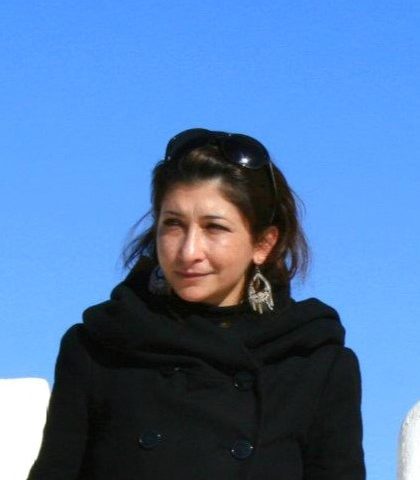
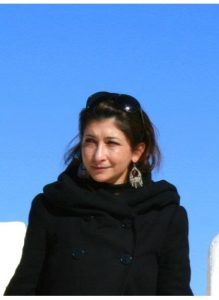
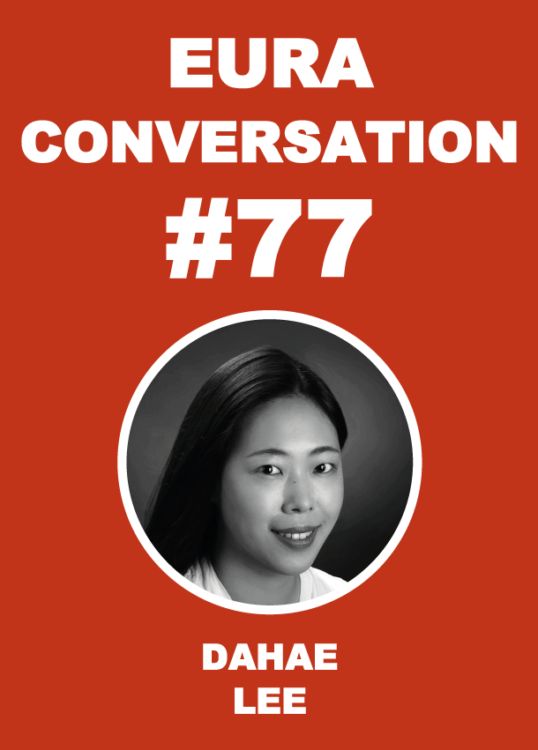
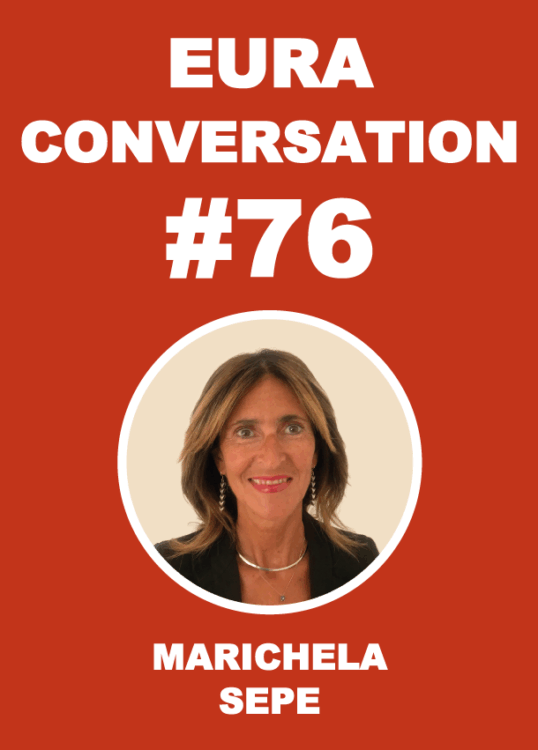

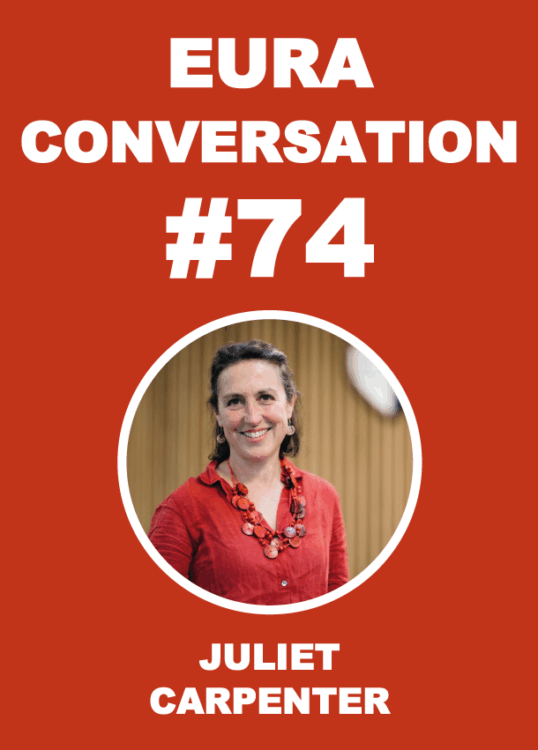

Dear Costanza,
It is always a pleasure to hear from you! Thanks for such a comprehensive overview.
From my very recent experience in Sierra Leone, Covid-19 outbreak is simply neglected in there, and people look curiously at you wearing a mask especially when visiting remote locations. Only in the capital city there is low level of care and precaution (waiters wearing their masks, here and there), but absolutely nothing at people’s level.
Hope this may be of some use,
Mario